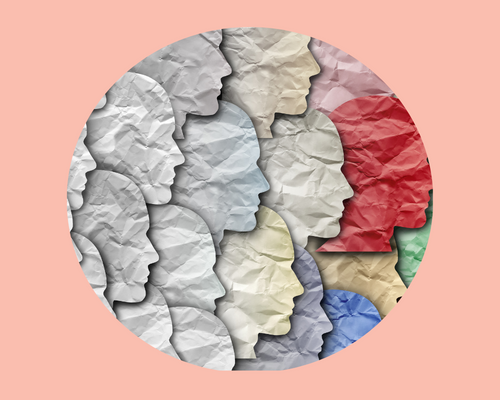There’s an ongoing push to restrict or remove diversity, equity, and inclusion programs (DEI) from education and the workplace — and if the gameplan feels familiar, that’s because it is.
The anti-DEI campaign is the latest effort by right-wing activists to push back against racial justice efforts, largely put in place in the wake of the 2020 killing of George Floyd. Colleges and workplaces began implementing and expanding DEI programs during the ensuing reckoning on race in America.
The programs, which help recruit and retain people of color and others from underrepresented and marginalized communities, are seen as a solution to address systemic barriers that have often denied people equal access to schools or work opportunities.
Opponents of DEI programs criticize them as everything from indoctrination to an assault on free speech. Their efforts have mirrored similar movements in recent years to ban books and restrict teachings on race and sexuality in schools, and movements at state legislatures to pass harmful bills against the LGBTQIA+ community.
The current push to ban DEI programs consists of a network of think tanks and groups working across several states, according to the
New York Times. These groups draft reports that purport so-called negative impacts of DEI programs and lawmakers are introducing cookie-cutter legislation across the country as a result.
Since last year,
The Chronicle of Higher Learning reported that at least 26 states and the U.S. Congress have introduced more than 70 bills to restrict or remove DEI programs at colleges and universities. Eight of those bills were signed into law, with at least eight more having legislative approval. The bills would limit diversity efforts in a range of ways, including prohibiting diversity statements, preventing schools from considering race or other similar factors in admissions, and banning DEI offices at schools.
Meanwhile, similar groups have taken aim at corporate diversity programs at businesses including major airlines, tech companies, and law firms. Many corporate offices have eliminated or withdrawn DEI programs to avoid backlash,
Bloomberg reports.
The ACLU has
challenged these attacks on racial progress when they’ve concerned censoring classroom teachings, and sees the current assault on DEI as yet another infringement on our free speech and free association rights.
The efforts are also just plain counter to where our country is and where it’s going. We are a diverse nation that, if trends continue as expected, will only become more diverse. As recently as 2019,
most kids younger than 16 were nonwhite. Last year, the
Seattle Times reported the majority of students in Washington schools are students of color.
This generation will be students at our universities and employees in our corporate offices, firms and nonprofits. Schools, companies, and organizations are right to want their communities to reflect this reality.
In order to get people to buy into the idea that DEI is a bad thing, opponents have to turn the very meaning of the words “diversity,” “equity,” and “inclusion” on their heads and convince the masses they are bad for the country. They are not — especially diversity, which is inevitable, regardless of whether a DEI program is in place.


